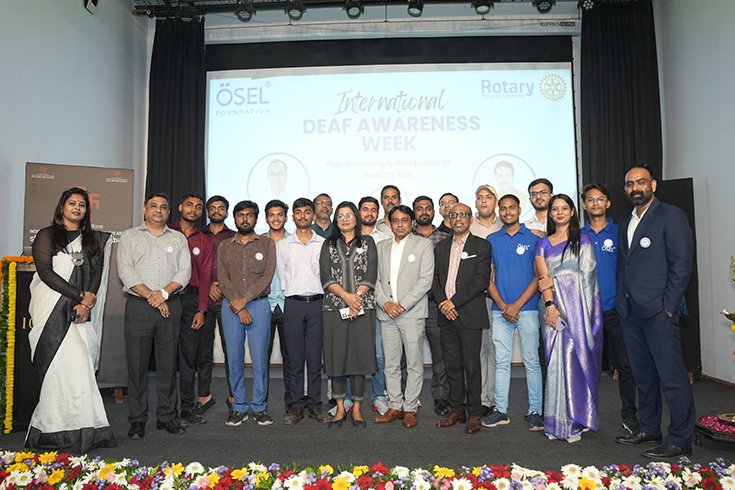Streaming is
poised to surpass pay TV globally in 2025, with ad-supported tiers and bundles
driving this shift. For the first time, global streaming video revenue is set
to outpace pay TV, generating $213 billion compared to $188 billion. Major
subscription-based streaming services have introduced ad-supported options,
signaling a move toward offering more free content and adopting TV-like
distribution, pricing, and programming strategies.
Tony
Gunnarsson, an analyst at Omdia, notes that the top five U.S. streaming
platforms—Netflix, Disney+, Paramount+, Amazon Prime Video, and Max—are
increasingly resembling traditional pay TV. With the inclusion of ad-supported
tiers, sports content, and bundled offerings, these services are evolving to a
more TV-centric model.
Omdia’s
"2025 Trends to Watch" report suggests that the battle for dominance
among streaming platforms is shifting, with advertising playing a pivotal role.
Subscription bundles, replacing the traditional single-service model, are
expected to shape the future of streaming.
However,
India’s landscape will be different. Gunnarsson predicts that pay TV will
continue to dominate revenue in India through the late 2020s, and it may even
grow in the coming years. The report highlights how streaming is adopting more
TV-like features, including the rise of ads. By 2025, the top five streaming
platforms are expected to have 818 million paid subscriptions globally, with
around 250 million (30%) on ad-supported plans.
In the U.S.,
24% of streaming revenue came from ads last year, and most entry-level
subscriptions now feature ads. The report also suggests that viewers are
becoming more accepting of ads as this trend expands.
As streaming
services move into new markets, global platforms are shifting from
direct-to-consumer models to partnerships with local providers, such as pay-TV
operators or other streaming platforms. For instance, HBO Max has yet to launch
in India and will likely follow this trend of collaborating with local
services, given India’s reliance on ad-supported models.
Gunnarsson
points out that in the West, direct-to-consumer models have struggled, and
bundling and packaging services are more effective in meeting customer needs.
Until streaming services offer a more TV-like experience, competition will
remain fierce across the industry.












